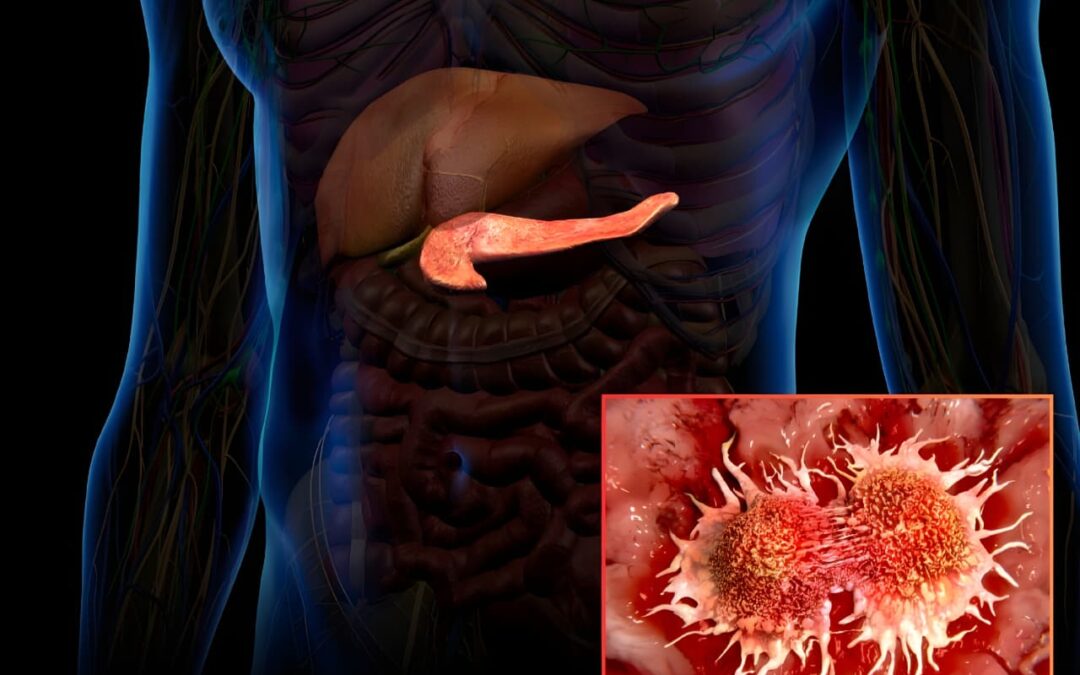Pancreatic cancer is among the deadliest forms of the disease, with survival rates remaining stubbornly low due to its resistance to many drugs and late detection
But new research from Duke University engineers offers a breakthrough approach: radioactive implants that destroy tumors from within. Using a biocompatible gel made from elastin-like polypeptides (ELPs), the team injected radioactive iodine-131 directly into tumors.
The gel trapped the isotope safely inside the cancerous tissue, releasing steady beta radiation that killed tumor cells without harming surrounding organs. When paired with chemotherapy, the treatment completely eliminated tumors in most of the mouse models tested, delivering results far stronger than any seen before in pre-clinical pancreatic cancer research.
The results were striking: across all models, tumors responded to the treatment, and in three-quarters of cases, they disappeared completely. Researchers say the constant internal radiation allowed chemotherapy drugs to work more effectively than traditional external radiation beams.
Even more promising, this strategy could extend beyond pancreatic cancer to other hard-to-treat tumors. While human trials remain a few steps away, the Duke team describes these findings as “perhaps the most exciting” in decades of pancreatic cancer research, raising real hope for a disease long seen as nearly untouchable by modern therapies.
source
Jeffrey L. Schaal et al, Brachytherapy via a depot of biopolymer-bound 131I synergizes with nanoparticle paclitaxel in therapy-resistant pancreatic tumours, Nature Biomedical Engineering (2022).

